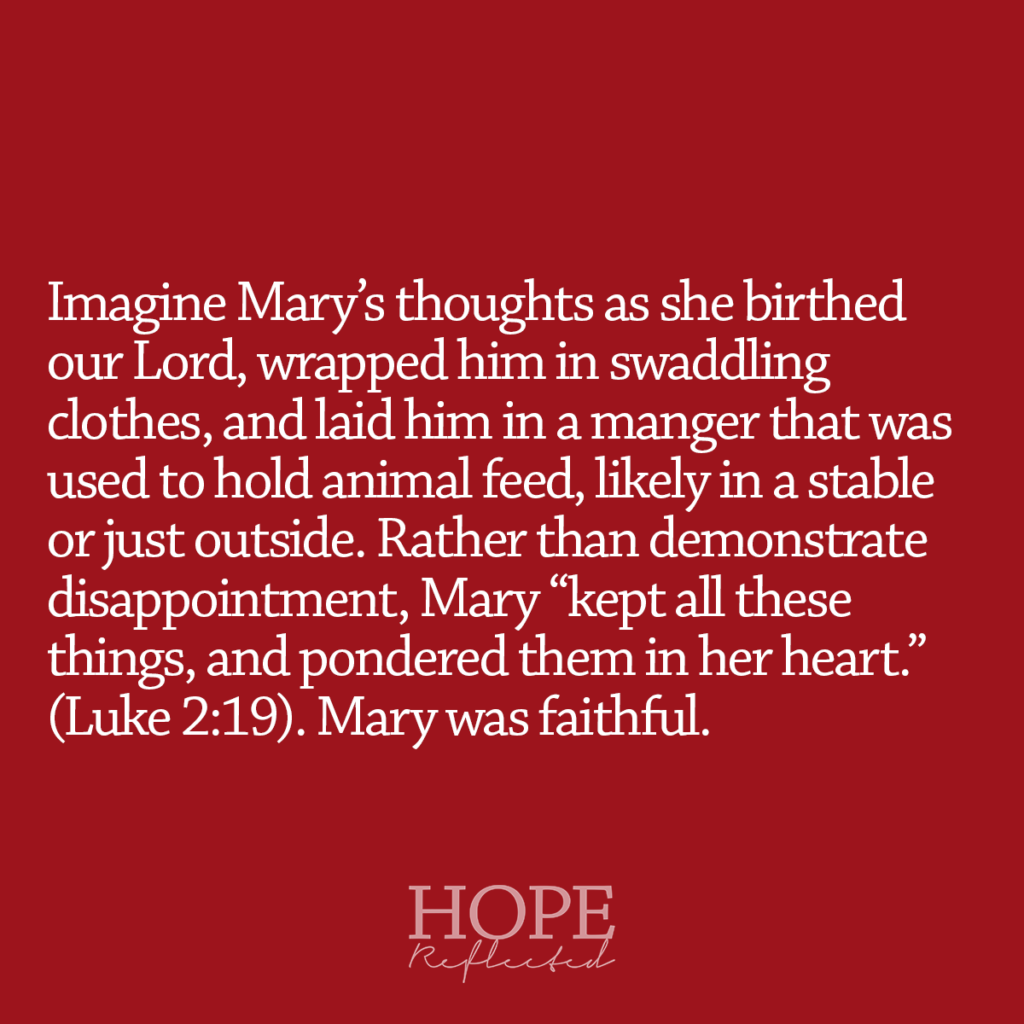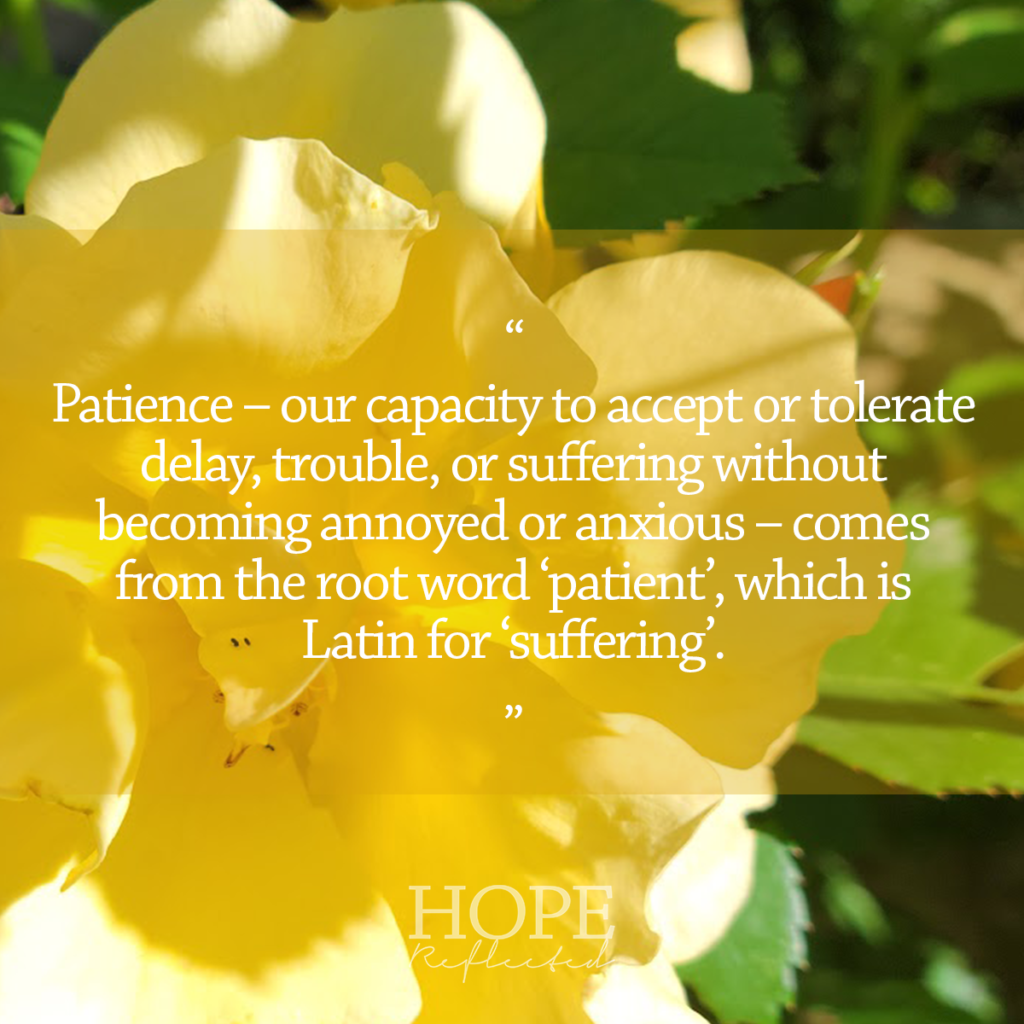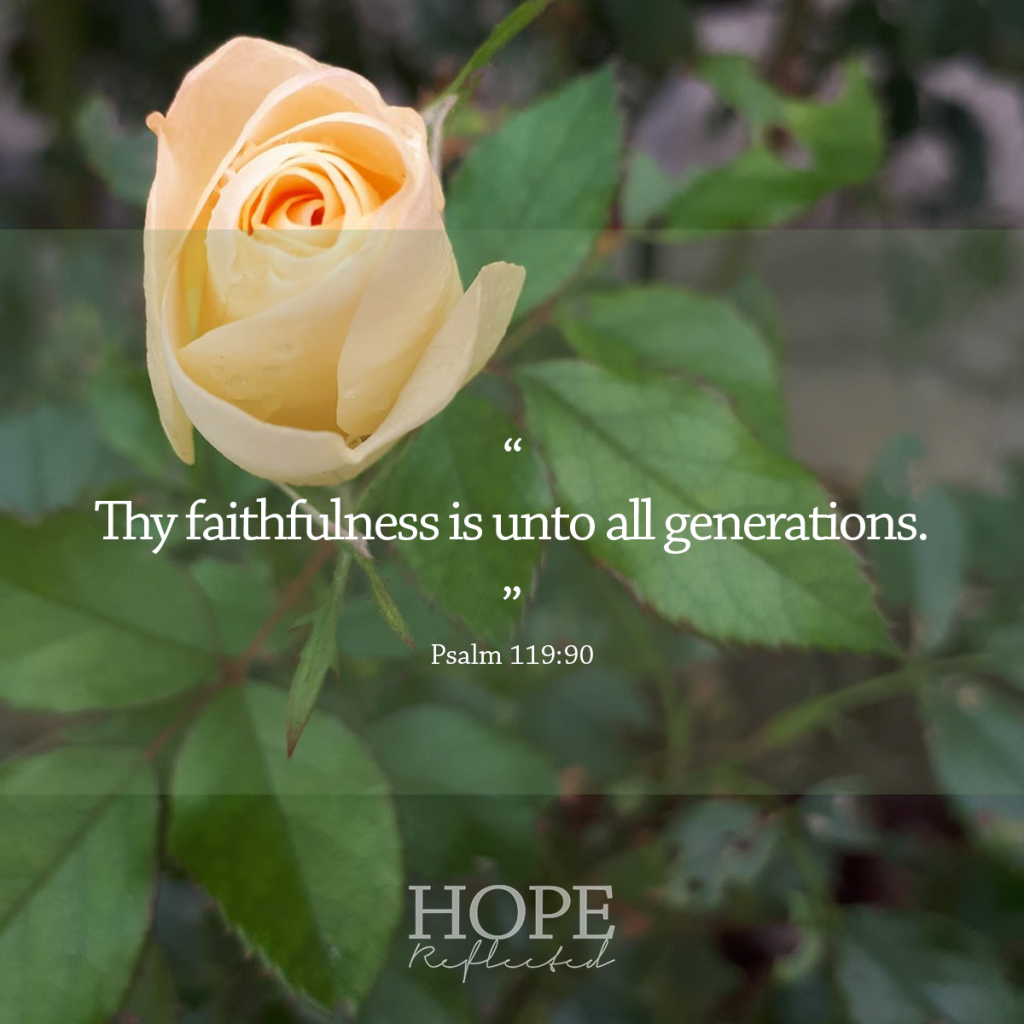The Lord has His way
Written by H, Posted in Christian Living, Published Work
“The LORD is slow to anger, and great in power… the LORD hath his way in the whirlwind and in the storm, and the clouds are the dust of his feet.” (Nahum 1:3)

Even in the midst of circumstances that we don’t understand, even when it seems that everything is being thrown at us, and even during trying times when we long to grasp God’s purpose, He is working. “…the LORD hath his way in the whirlwind and in the storm…” When we are being thrown about, tossed and turned, the Lord still has His way.
Our response during the whirlwind and the storm is important. That is not to say that it’s wrong to be troubled, or that it’s wrong to ask questions. Take Mary for example.

Mary had questions
In Luke 1, when the angel Gabriel is sent by God to share with Mary that she will conceive and birth Jesus, we read that Mary “cast in her mind what manner of salutation this should be.” (v. 29) and was troubled at Gabriel’s words (v. 29). Rather than be flattered, Mary was confounded. “How shall this be?” she asked Gabriel (v. 34). After Gabriel’s explanation, Mary ultimately accepted the responsibility, “Behold the handmaid of the Lord; be it unto me according to thy word.” (v. 38).
Mary sought godly counsel
Immediately following her encounter with the angel, Mary went to visit her cousin Elizabeth (v. 39), where she found encouragement from Elizabeth regarding what had transpired. As Matthew Henry wrote, “Sometimes it may prove a better piece of service that we think to bring good people together, to compare notes.” During the whirlwind and the storm, when we find ourselves questioning what is going on, it’s wise to seek godly counsel from trusted Christian family and friends. It’s encouraging to be enveloped in prayer by fellow believers. It’s reassuring to know that we are not alone.

Mary was faithful
When it came time to give birth to the Messiah, Mary brought Jesus forth “and laid him in a manger, because there was no room for them in the inn.” (Luke 2:7). Imagine, hearing from an angel that God has chosen you to deliver the Son of God, of whose kingdom there shall be no end, and then delivering him in a seemingly sad surrounding. If we were in Mary’s place, we would likely have images of grandeur in our minds; thoughts of huge celebration, attention showering, rejoicing, and gifts.
Talk about underwhelming; imagine Mary’s thoughts as she birthed our Lord, wrapped him in swaddling clothes, and laid him in a manger – used to hold animal feed, likely in a stable or just outside. Was she disappointed, or upset? Evidently Mary didn’t become overly emotional, but rather “kept all these things, and pondered them in her heart.” (2:19). Mary remained faithful.
“Wherever this Christmas season finds us – in the whirlwind or in the storm – may we remember that the Lord has His way.”
Hope Reflected
C.S. Lewis wrote that, “Life with God is not immunity from difficulties, but peace in difficulties.” Wherever this Christmas season finds us – in the whirlwind or in the storm – may we remember that the Lord has His way. And may we be faithful like Mary, even when things don’t quite go as we plan, and even when we don’t understand.












![False friends or counterfeit kindness; whatever you want to call it, the world is filled with people who will say one thing to your face and then another behind your back; people who will woo you in order to get something from you.
It’s sad, but it’s true.
The Bible provides us with examples from Joab to Judas, and yet, we’re surprised when we find ourselves deceived and hurt by someone else.
So what are some of the hallmarks of a true friend?
You can read more about this on hopereflected.com [Link in profile]
.
.
.
#friends #friendship #kindness #counterfeitkindness #hurt #proverbs #truefriends #hopereflected #blog #blogpost](https://www.hopereflected.com/wp-content/plugins/instagram-feed/img/placeholder.png)